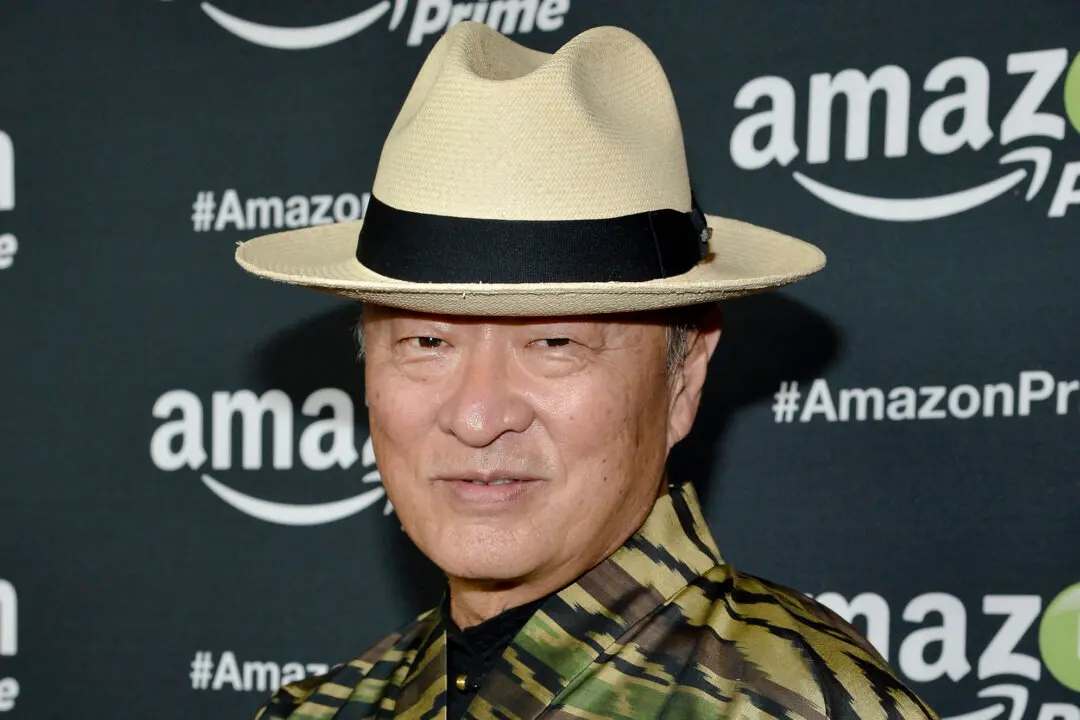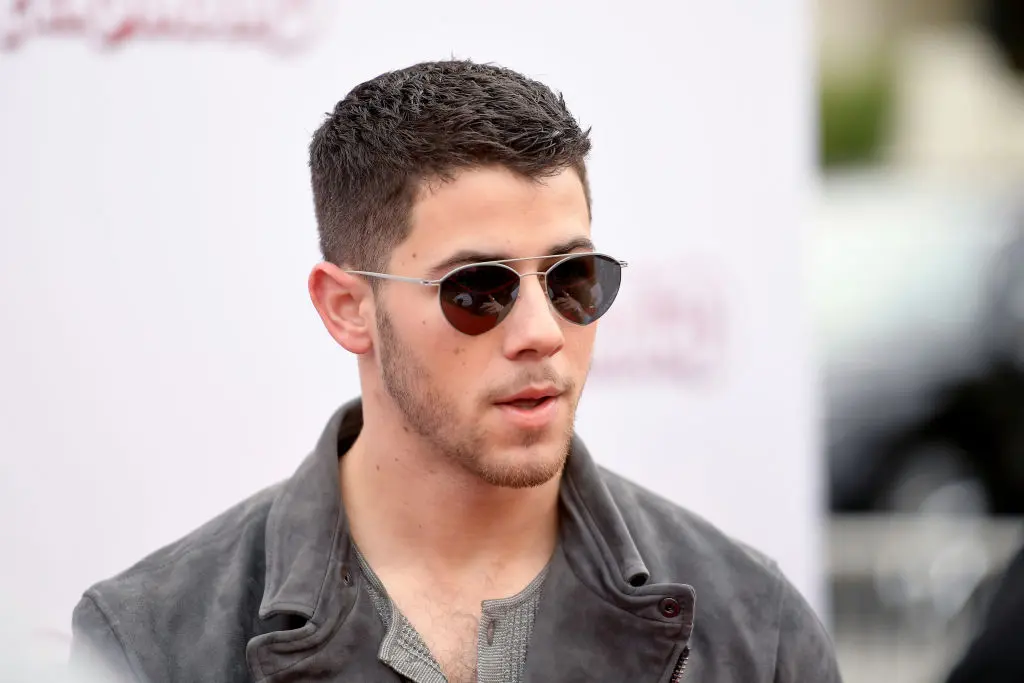YouTube has teamed up with the Creative Artists Agency (CAA) to launch a new technology that will help celebrities and content creators manage AI-generated videos that feature their likenesses.
The video-sharing platform, which is owned by Google, announced the partnership in a blog post on Tuesday, noting that the technology is still in its early stages.





